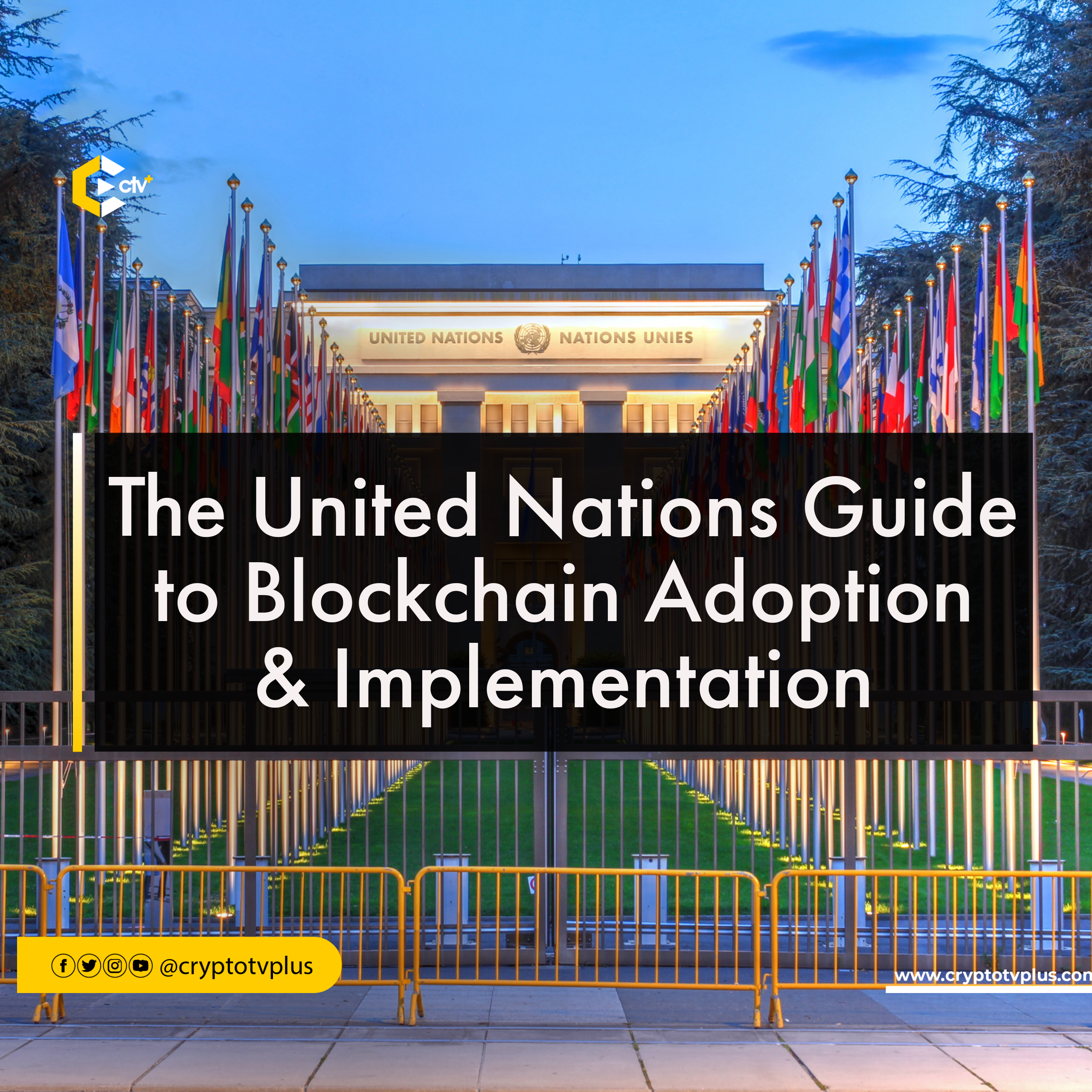FEATURED
The United Nations Guide to Blockchain Adoption & Implementation

Blockchains run without a central authority, and are new to many operational systems, both for the government and other institutions. The most widely known application of the Blockchain is in finance; financial applications and financial engineering. However, the technology transcends beyond finance to other industries and sectors.
As a trade facilitator, Blockchain technology is gaining attention, especially in international trade, and attracting policymakers. A recent report by the United Nations publication issued by the United Nations Conference on Trade and Development, confirms that “there is growing interest in blockchain technology as a potential foundational technology for international trade processes.”
However, institutions/policymakers need to know when to use and when not to use blockchain before considering exploring the technology.
The United Nations has developed a decision tree that would help both governments and private sector entities to consider the use of blockchain in an easy-to-understand way.
However, the publication showed that despite the Blockchain being a general-purpose technology it cannot be used as a “solution to every commercial, administrative and procedural business and government challenge.”
Additionally, the publication urged policymakers to consider the decision tree to help them conclude whether a business needs fit using blockchain to solve them.
This should also be done before implementation attempts are made, the United Nations advised.
Three possible scenarios of the decision tree:
- Whether a blockchain environment is needed; a clear value addition or efficiency gains in the use of blockchain technology.
- Whether a non-blockchain environment is needed; no clear business value addition or efficiency gains from the use of blockchain technology compared to existing digital systems in use.
- Whether both environments can be combined.
Why the Blockchain use case beyond finance is limited
Despite the growing consensus on the possible use cases of the blockchain, the publication stated that “proven large-scale use of blockchains outside finance remains limited.”
Analyzing the possible reason for the limitation, the publication said it is “partly attributable to the nature of the technology as a multi-stakeholder–focused technical framework by default.”
Also, the technology is distributed by design and communally operated by architecture. This system, therefore requires the consensus of all participants to implement and use a blockchain environment
Ultimately, according to the United Nations, likely use cases where the Blockchain can bring about an efficiency gain include cross-border clearance, payment processing, trade finance, trade data reporting and management, traceability of value chains, and transparency of supply chains, among others.
Read also;
Binance Launches a Regulated Digital Asset Platform in Kazakhstan
What do you think of this article? Share comments below.
























